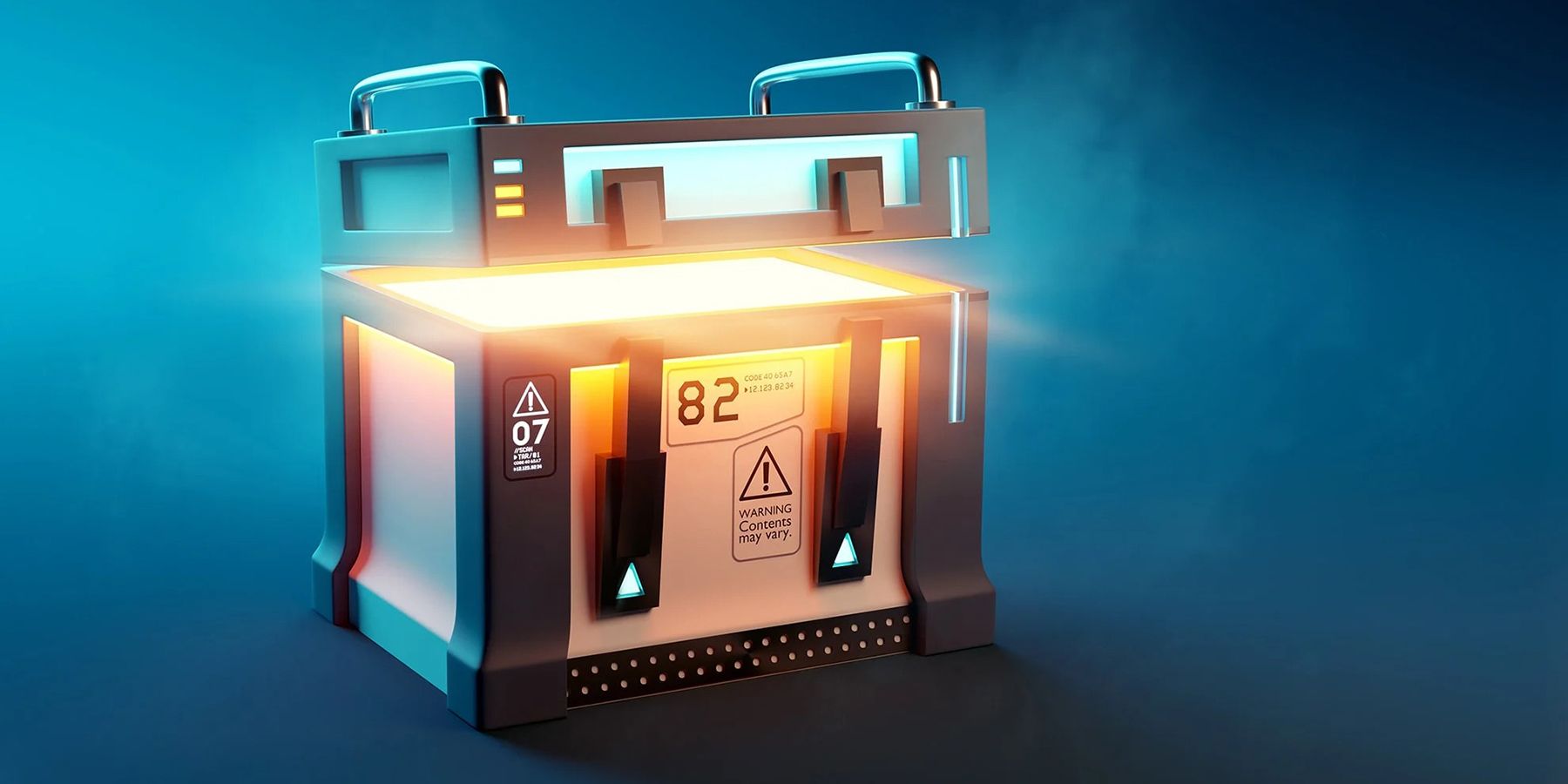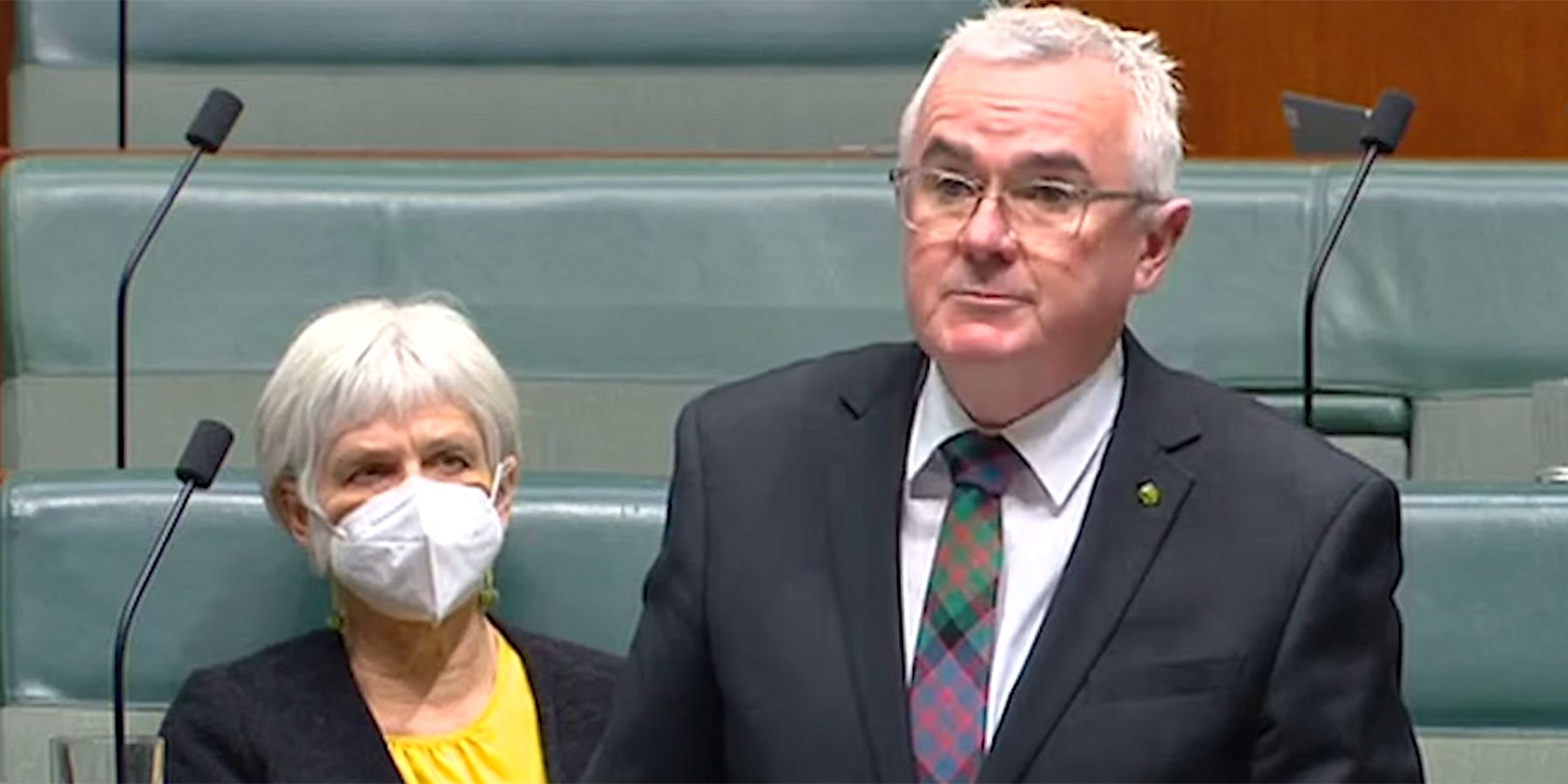The Australian government may pass a bill that would restrict video games with loot boxes to adults only, essentially banning kids from purchasing them. The controversy about loot boxes and whether they are safe, fair, or more akin to gambling has been ongoing, particularly in recent years. Legislation about the contentious money-making scheme had been limited primarily to Asian countries until Belgium made loot boxes in video games illegal in 2018.
However, enforcing loot box regulations has proven to be difficult for a variety of reasons, and some experts contend that bans will mostly punish companies that abide by the laws, while those that flout them will receive fines that amount to a relative slap on the wrist when compared to the profits they’ll rake in. That hasn’t stopped some legislators from monitoring the situation and attempting to pass regulatory bills, most of which fail before even reaching the voting phase.
Australia is the latest country whose lawmakers have brought video game loot boxes into the forum, with politician Andrew Wilkie, an independent, introducing a legislative bill to parliament on November 27. Called the Classification Amendment, the bill would regulate games that feature loot boxes, requiring them to be clearly labeled as such and carry an R classification. Theoretically, this would restrict the purchase of such games to those aged 18 or older and keep them out of the hands of children. In a statement given while presenting the bill, Wilkie stated that kids are being “groomed for future gambling” via loot boxes.
Wilkie went on to compare the brain of a gamer to that of a drug addict, stating that they both react to a similar dopamine hit. Australia is currently in the midst of a gambling addiction crisis, with billions of dollars being lost annually to what are called pokie, or slot, machines. So it makes sense that this country in particular would begin taking steps to prevent children from becoming hooked on loot boxes, which many see as yet another form of gambling.
Over the years, there have been numerous studies conducted that show a link between loot boxes and gambling, and there have been many stories about parents discovering that their children have racked up thousands of dollars of debt buying the enticing digital goods.
Ironically, despite the ongoing and seemingly general dislike for loot boxes in the gaming community, some players are indifferent or even enjoy them. Many people considered it a good thing when Blizzard announced that Overwatch 2 would not have loot boxes. However, the revenue schemes added to the game in their place have left many players asking for their return. And the controversy around Diablo Immortal’s exorbitant and even daring monetization didn’t hinder the game from raking in over $300 million in less than six months.
Sources: The Guardian 1, 2


